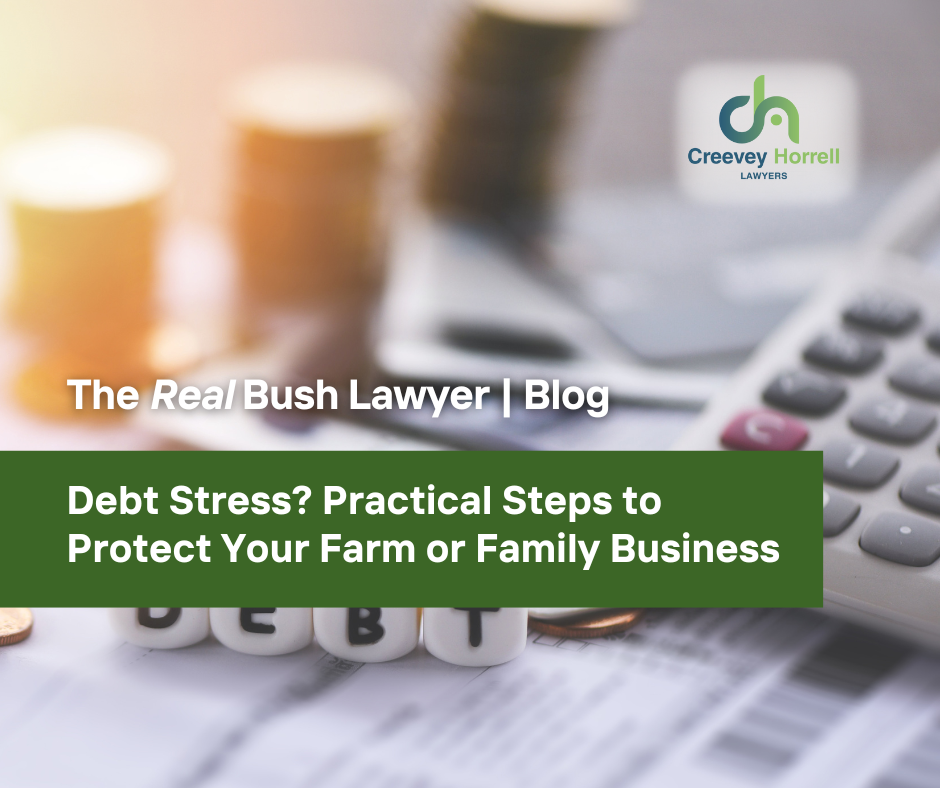EXPERT EVIDENCE IN QUEENSLAND
- Creevey Horrell Lawyers

- Nov 18, 2022
- 3 min read
What is Expert Evidence?
Within the law of evidence, it is a critical principle that witnesses are not in ordinary circumstances allowed to express opinions about matters. Here, their evidence must be confined to statements of fact. However, the exception to the circumstances is known as expert evidence, where experts are permitted by courts to express opinions.
The statement of Justice Dixon in the High Court in Clark v Ryan (1960) 103 CLR 486 per Dixon J at 491 describes these very principles:
“The opinion of witnesses possessing particular skill is admissible whenever the subject matter of inquiry is such that inexperienced persons are unlikely to prove capable of forming a correct judgement upon it without such assistance, in other words when it so far partakes of the nature of a science as to require a course of previous habit, or study, in order to the attainment of the knowledge of it.”
This observation acknowledges that in ordinary circumstances, it is for the magistrates or judge, and the jury, if they are the arbiter of fact, to develop opinions concerning issues of contention based on the relevant facts of the case. Critically, evidence is produced to the relevant jury about factual circumstances. Consequently, they may form inferences and opinions, as well as make conclusions concerning this evidence. However, these contemplations can involve circumstances where jury members are required to decide issues that directly depend on a deep understanding of factual evidence, which may be beyond the scope of the average person’s experience and knowledge. Therefore, the assistance of an expert is provided to allow jury members to produce rational decisions concerning the relevant issues of the case.
However, jury members are required to find the facts as they see fit and to decide the issues in the trial, including ultimately the guilt or innocence of the accused.
In R v Lentini [2018] QCA 299, The Court of Appeal stated, “In a criminal trial, the jury is the constitutional arbiter of fact. The task of the expert, therefore, is to furnish the jury with the necessary scientific criteria for testing the accuracy of the jury’s own conclusions to enable it to make its own independent judgment by the application of those criteria to the facts that it finds. A jury is not bound to accept an expert opinion as conclusive even if there is no contrary evidence because such a requirement would constitute an impermissible encroachment upon the jury’s function – and duty – to find the facts. Of course, as with all evidence, a jury’s acceptance and rejection of expert evidence must be rational.”
A Threshold Test:
It must be noted that not all opinion evidence provided by an expert is deemed as expert evidence. Critically, if the jury can rely upon their own collective experience and knowledge to make their own opinion on the factual evidence, it is not expert evidence and will therefore not be admissible. Ultimately, this threshold determination should always be considered with respect to the admissibility of expert evidence.
In R v Bonython (1984) 38 SASR 45 where at 46-47 King CJ identified this threshold test for admissibility as: “whether the subject matter of the opinion is such that a person without instruction or experience in the area of knowledge or human experience would be able to form a sound judgment on the matter without the assistance of witnesses possessing special knowledge or experience in the area…”
Criteria for Admissibility:
In circumstances where expert evidence is required to be led with respect to a fact in issue, there are several criteria that must be considered for the evidence to be admitted. This criteria was determined in Makita (Australia) Pty Ltd v Sprowles (2001) 52 NSWLR 705 at [85], which can be distilled in these terms:
There must be a field of specialised knowledge;
There must be an identified aspect of that field in which the witness has demonstrated an expertise;
The opinion must be based on the expert knowledge of the witness;
So far as opinion is based on facts observed or assumed, those facts must be identified and proved; and
It must be established that the facts on which the opinion is based form a proper foundation for it.




.png)




Comments